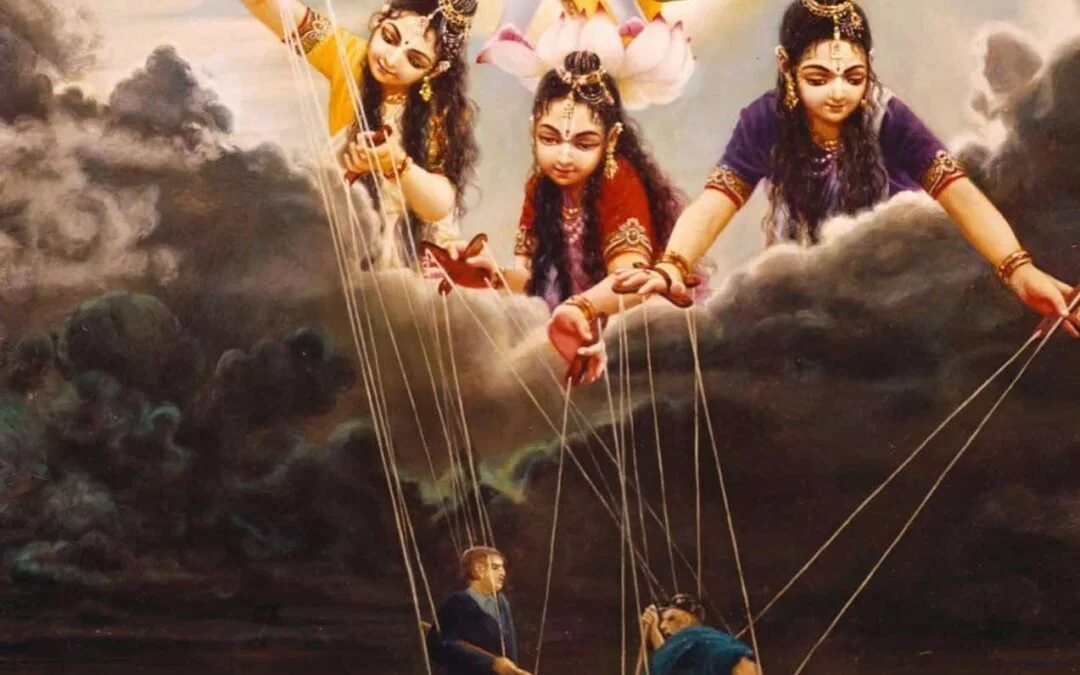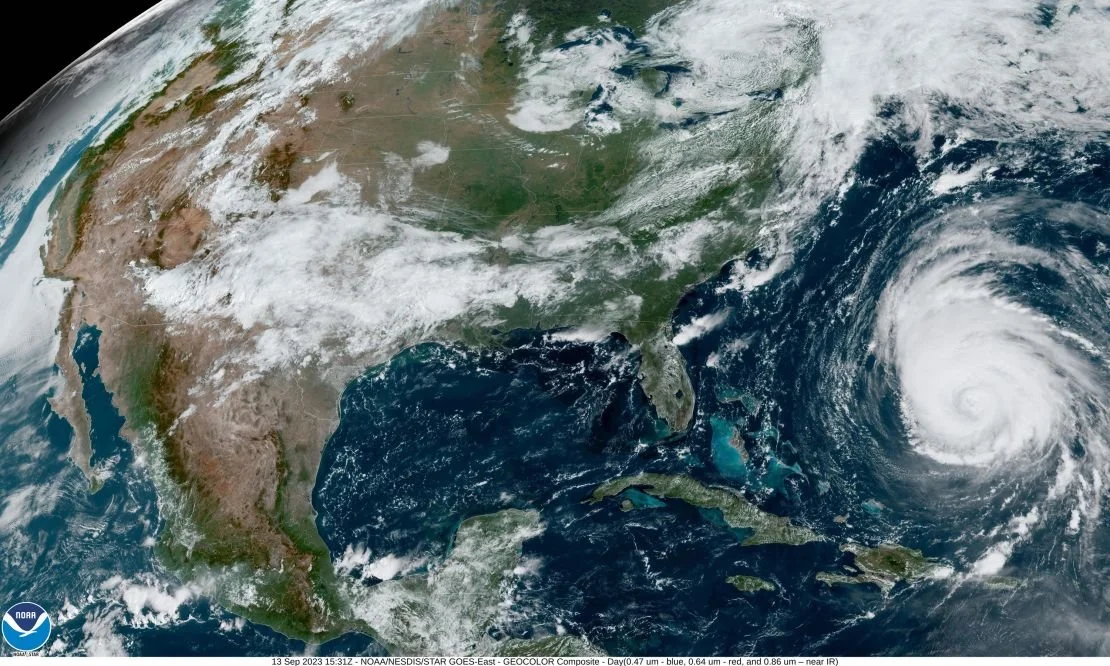Obviously tamas takes the cake, quite literally, for the guna that is the most negative in nature. Words like: lazy, heavy, ignorant, dark, hopeless, greedy, and dull are used to describe tamas, certainly not who or how we aspire to be. And while it may be helpful to note if we are feeling these ways, it certainly is not helpful to label ourselves or others in terms like this. All of the gunas are temporary, being they are what prakriti is made of. So while we may feel a way or feel tamasic, it does not mean we ARE that way. The faster we can identify with our true nature, which is pure and unchanging, the faster, we can mix up a recipe to re-balance ourselves.
Read MoreIt might be helpful to understand the gunas by way of “nature.” People, places, and things all have a different nature about them of which is subject to change. We can describe these natures by way of tamas which is dark and inert, rajas which is active and passionate, and sattva which is harmonious and clear. The awesome part about being a human is that we can become conscious of these natures and use our will by way of our choices to increase or decrease the gunas to optimize the quality of our lives. Of course, this is way easier said than done.
Read MoreVyana vayu is the super glue that connects all of our many aspects together, so when imbalanced we might struggle literally with balance wether that be standing on one foot or finding peace between and within home, work, relationships, and our own selves. Some words that might describe this imbalance could be: disjointed, separate, divided, uncoordinated, mis-aligned, spacey, clumsy, or not enough. Some words that might describe vyana vayu when balanced would be: balanced, aligned, grounded, connected, whole, united, in-flow, coordinated, undivided, and enough.
Read MoreA closer look at how this energy moves, reveals its’ pathway, from heart to head. Now it is important to note that we can establish a conscious, direct line of communication that needs to be fluid, and unobstructed for us to thrive. We commonly try to overpower this natural flow of udana and instead of moving from heart to head, move from head to heart. We think we know, we think the answers, and we think the problems, rather than empowering our feeling. This in turn empowers our knowing, our answers, and our thinking in general, with our hearts. All of this thinking reverses our upward flow, into a downward flow, and we bog up our entire system!
Read MoreThe central optimization station, is samana vayu. When operating efficiently, samana, receives from prana, and decides how to best distribute what's needed and discard to apana what is not. Samana is like the best personal assistant you never knew you had. But like anyone else, if you overload her with trivial tasks like feeding your Starbucks addiction or inundate her with meaningless notes like incessantly noting all of your displeasures, she will burn out. This feels like, digestive issues, anxiety, and imbalance.
Read MoreAcknowledging what physically comes out of us is relatively transparent, and yet we can continue to observe the vast array of thoughts, emotions, tendencies, and beliefs that are required to be flushed from our being, daily, in order to remain in balance. By being conscious of prana vayu or what goes in, is one way to limit the amount of waste removal we need to provide ourselves. However, even when we nourish ourselves with healthy food, inspiring conversation, mindful movement, and a clean environment, life has a way of continually life-ing and we are sure to experience hardships in our relationships with others, with ourselves, with our environment, with our work, with our food, and the list goes on and on.
Read MoreToday we take a closer look at prana vayu or what is sometimes referred to as the: "wind of life” or, “the breath of vitality," not to be confused with prana in its more general meaning. Prana vayu is associated with the heart chakra, it flows inward and upward. Prana vayu is like the gatekeeper, it functions to influence the other four subtle pranas. It is in charge of the reception of all that we intake including our inhalation, food, water, senses, and thoughts.
Read MorePerhaps bliss is known, when the knowing and the knower become unimportant. When knowing ceases to hold hierarchy over other humans and when the knower forgets to identify with the known as what makes them worthy. It's the moonlit ocean lapping the shores of the beach as your feet disapear into the sand, it's the moment of perfect harmony in a sea of Om's at yoga class, it's waking in the morning and not even remembering who you are, it's the dance of a campfire at dusk.
Read MoreVijnanamaya kosha is less obstructed than the other layers and therefore closer to our atman, or our true selves, which is why yoga is concerned with relieving the stress and struggle of the other koshas so that we have more and more opportunities to reside here in this space. Our presence here strengthens our abilities to discern, to be objective, to be a witness, free from the flavoring of our past and our opinions. It is here we are relieved of our tendency to reactivity and our incessant desire for reciprocity and from our dependence to validation from the external world. When all of the needing, wanting, reacting, and being offended ceases, there is a tranquility of which holds space for clarity. Here in this place of not having to do or perform or justify or get somewhere or be someone, we are available to hear our own hearts. Here, we are available to receive instruction from source itself.
Read MoreThe external stimuli of life is like a daily hurricane of people, places, and things layered with our dialogue about those people, places, and things. It’s overwhelming! And yet, we are addicted to the overwhelm and the rush of the drama and distraction it causes. When we are fooled by the importance of the hurricane, all we ever do is run away from the hurricane, or towards it, or obsessively track it, or worry about it, or take photos of its' damage. We strip ourselves the opportunity of ever getting to experience anything other than the hurricane’s inevitable chaos.
Read More









